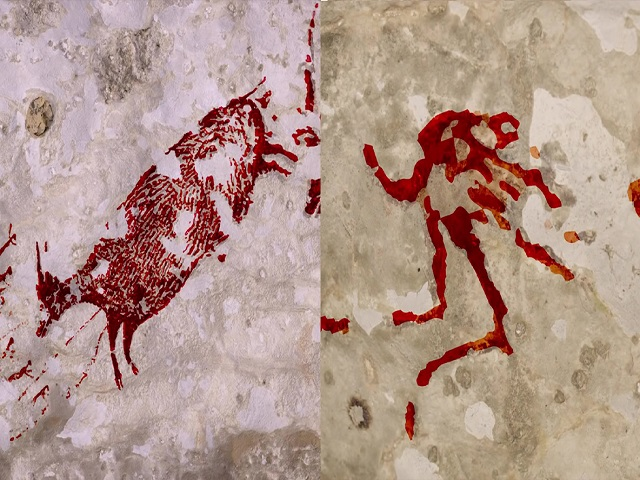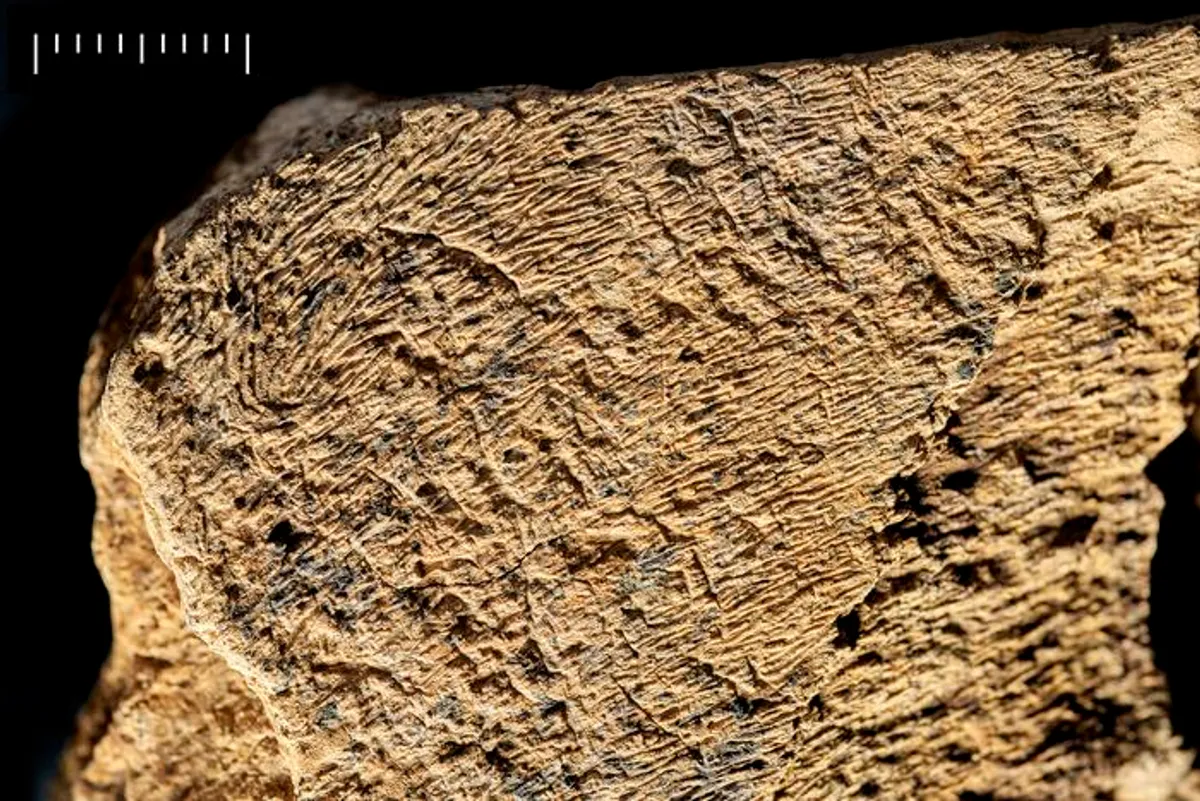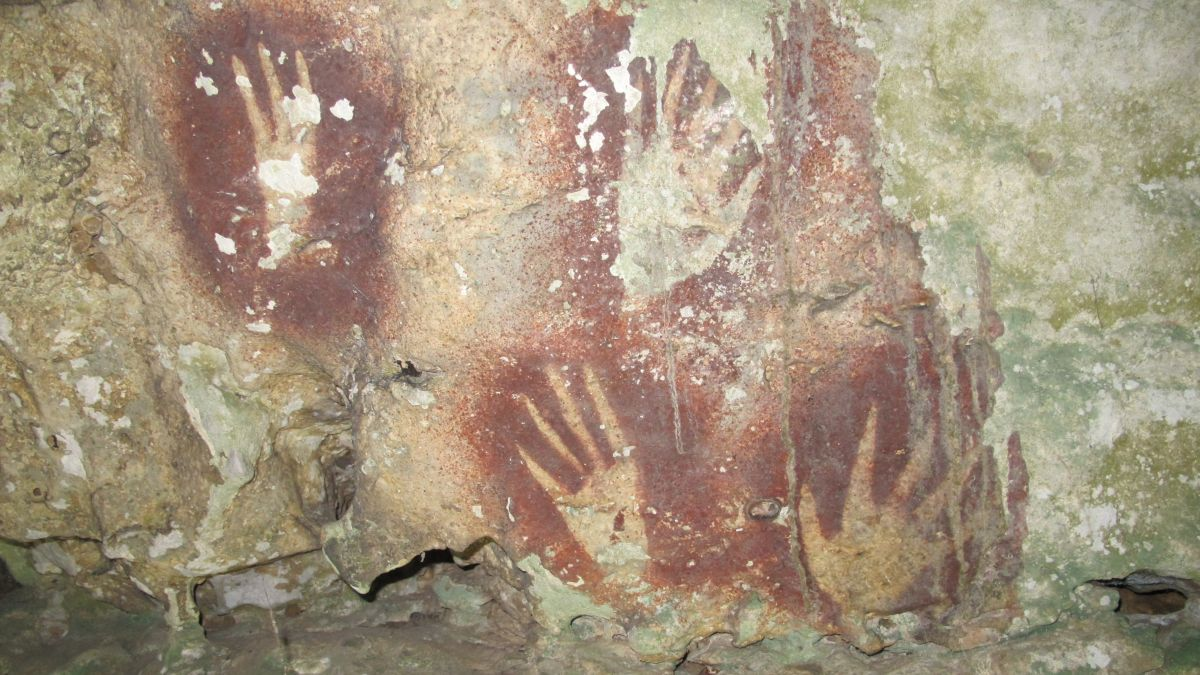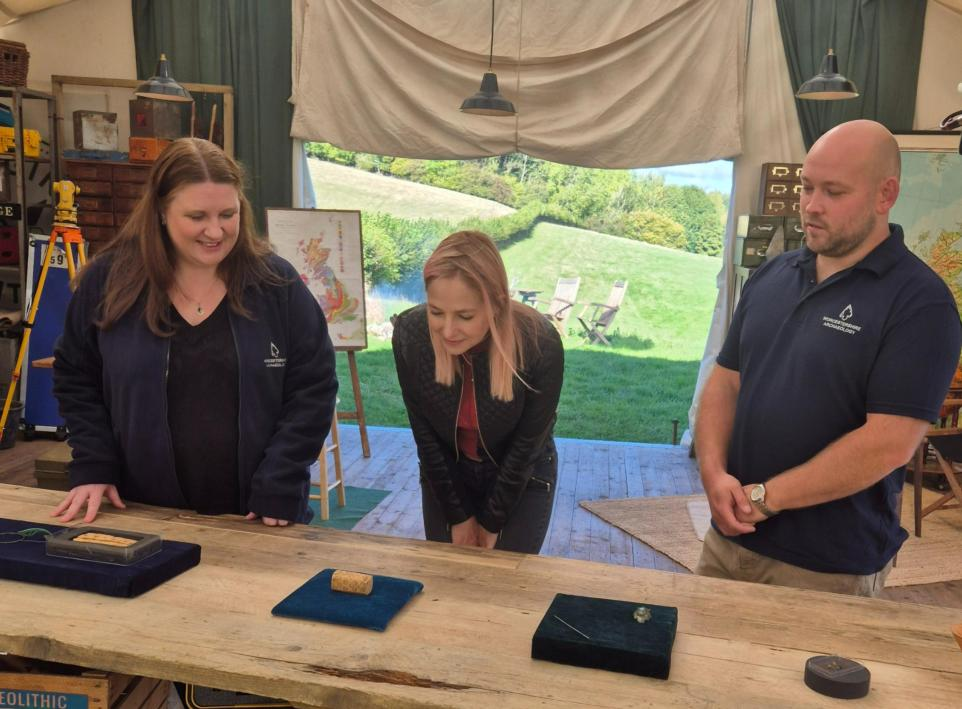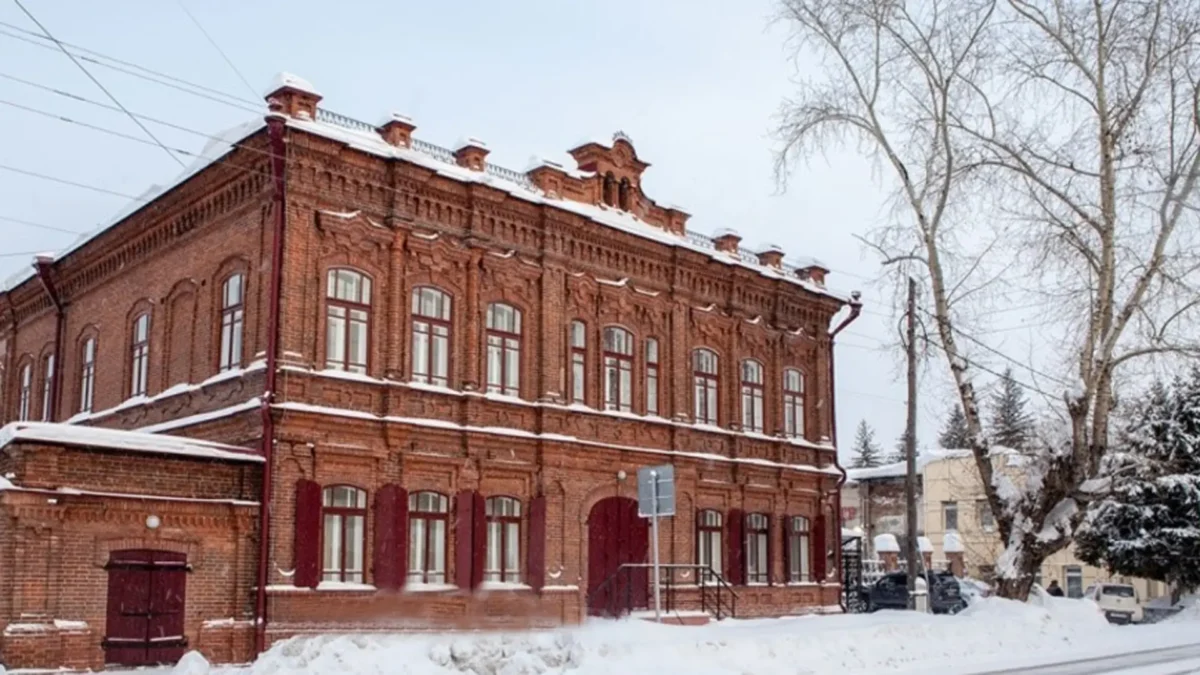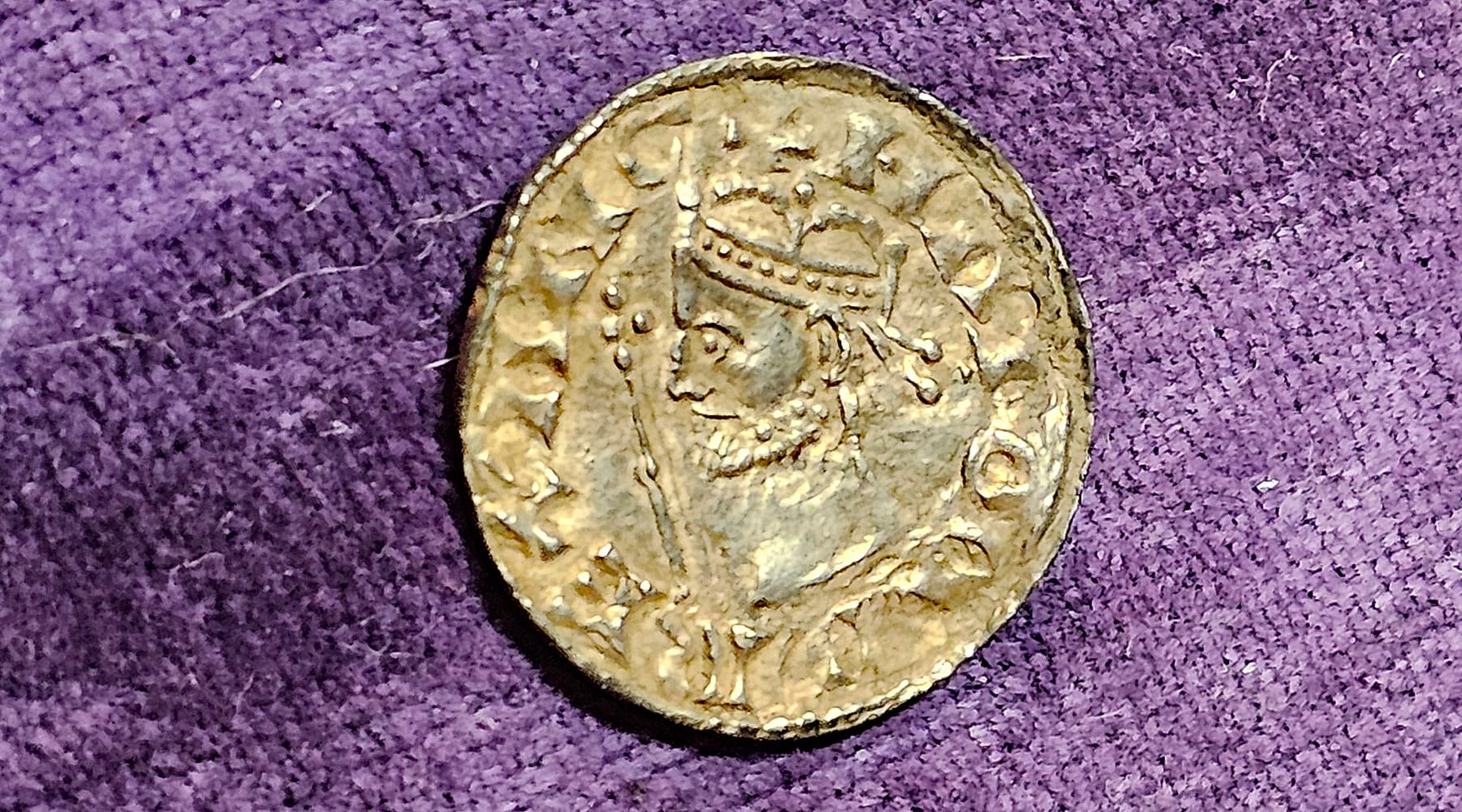Today’s video covers the origins of Rome, from a small Latin settlement, to the Roman Kingdom under its Seven Legendary Kings. It then goes through the early Roman Republic until the Sack of Rome and its rebirth in the early 300s BCE.
The Roman Kingdom (also referred to as the Roman monarchy, or the regal period of ancient Rome) was the earliest period of Roman history when the city and its territory were ruled by kings. According to oral accounts, the Roman Kingdom began with the city's founding c. 753 BC, with settlements around the Palatine Hill along the river Tiber in central Italy, and ended with the overthrow of the kings and the establishment of the Republic c. 509 BC.
The Roman Republic was a state of the classical Roman civilization, run through public representation of the Roman people. Beginning with the overthrow of the Roman Kingdom (traditionally dated to 509 BC) and ending in 27 BC with the establishment of the Roman Empire, Rome's control rapidly expanded during this period—from the city's immediate surroundings to hegemony over the entire Mediterranean world.
Roman society under the Republic was primarily a cultural mix of Latin and Etruscan societies, as well as of Sabine, Oscan, and Greek cultural elements, which is especially visible in the Roman Pantheon. Its political organization developed, at around the same time as direct democracy in Ancient Greece, with collective and annual magistracies, overseen by a senate. The top magistrates were the two consuls, who had an extensive range of executive, legislative, judicial, military, and religious powers. Even though a small number of powerful families (called gentes) monopolised the main magistracies, the Roman Republic is generally considered one of the earliest examples of representative democracy. Roman institutions underwent considerable changes throughout the Republic to adapt to the difficulties it faced, such as the creation of promagistracies to rule its conquered provinces, or the composition of the senate.
Unlike the Pax Romana of the Roman Empire, the Republic was in a state of quasi-perpetual war throughout its existence. Its first enemies were its Latin and Etruscan neighbours as well as the Gauls, who even sacked the city in 387 BC. The Republic nonetheless demonstrated extreme resilience and always managed to overcome its losses, however catastrophic.
Little is certain about the kingdom's history as no records and few inscriptions from the time of the kings survive. The accounts of this period written during the Republic and the Empire are thought largely to be based on oral tradition.

